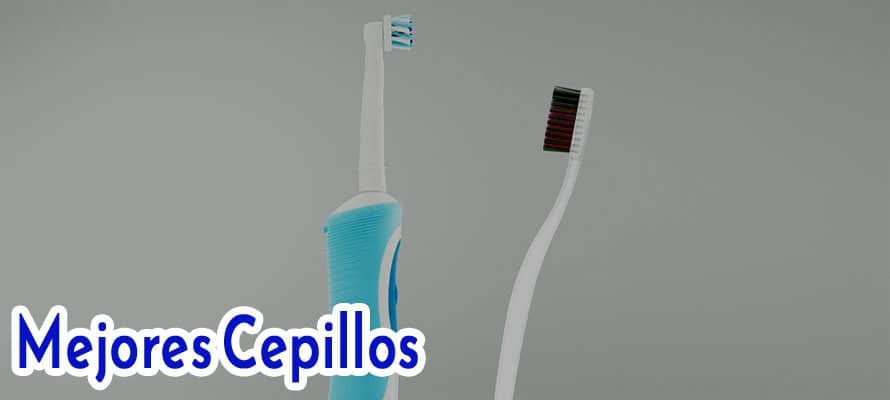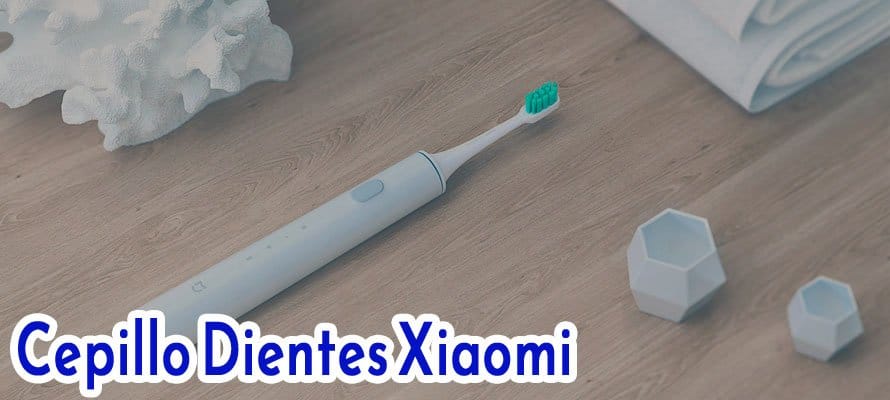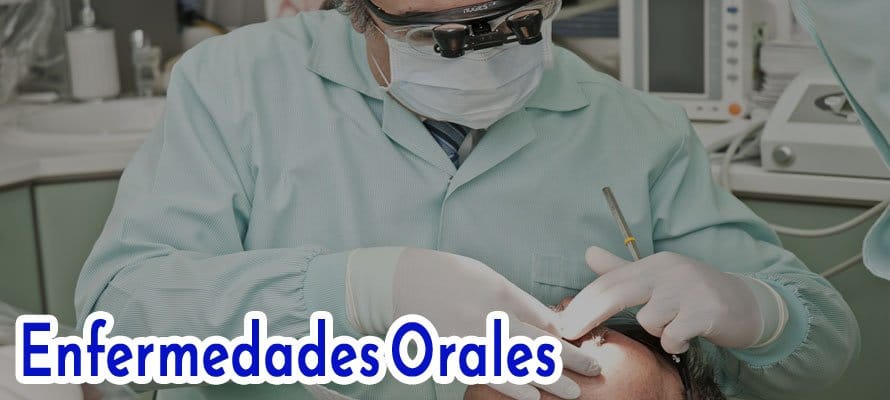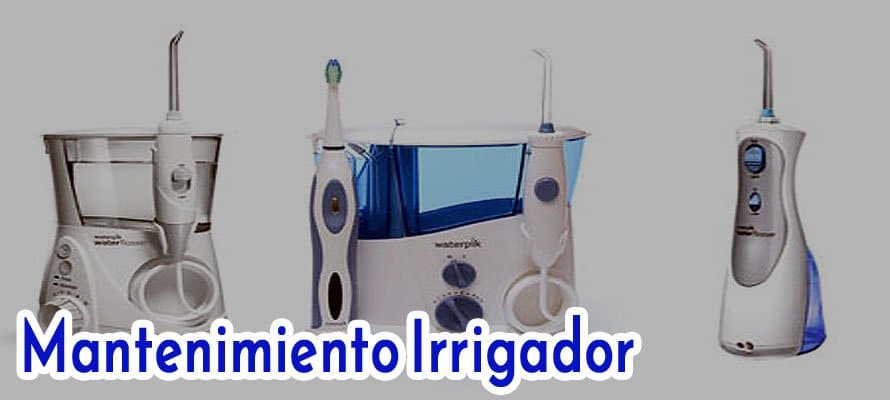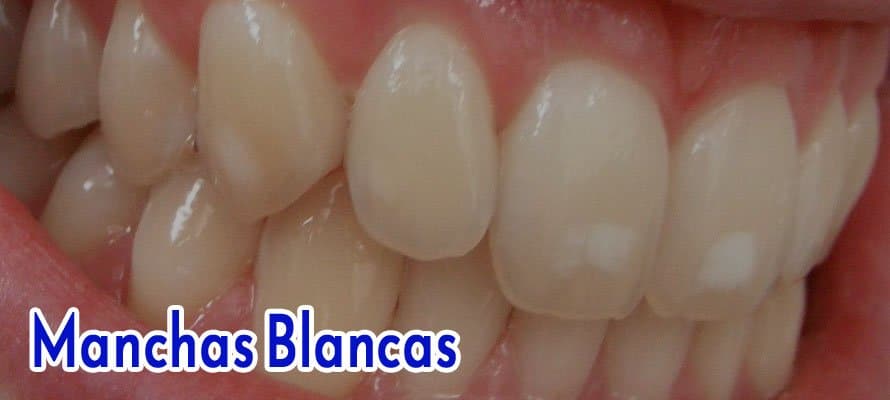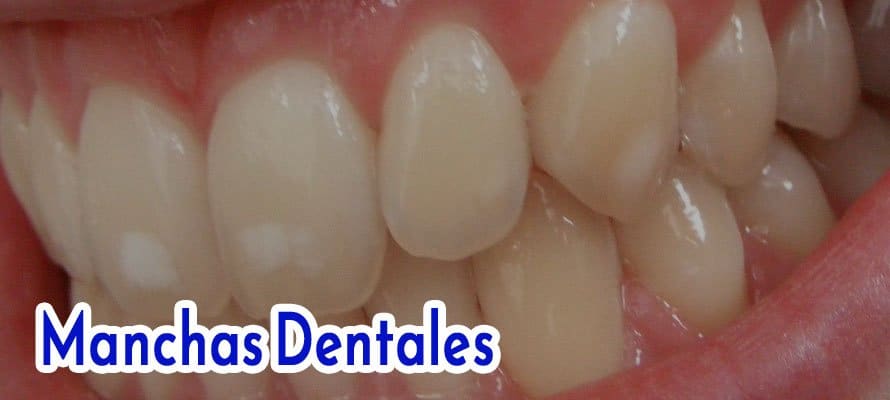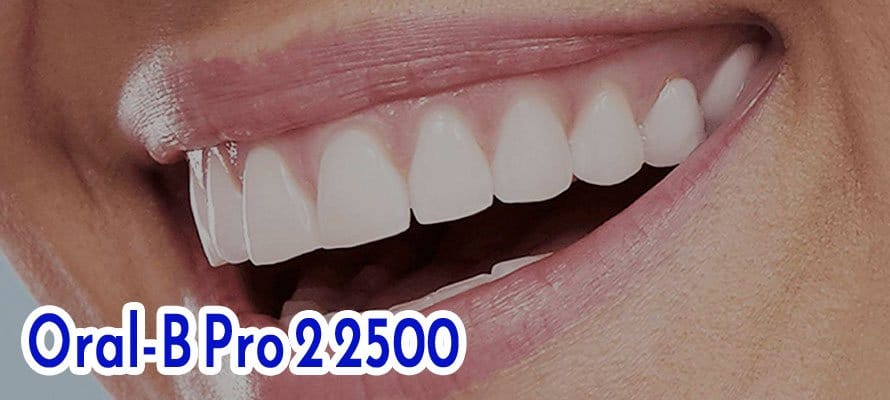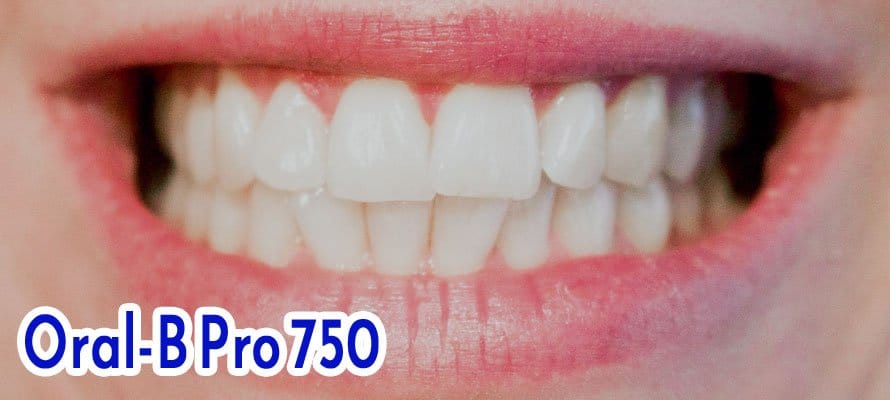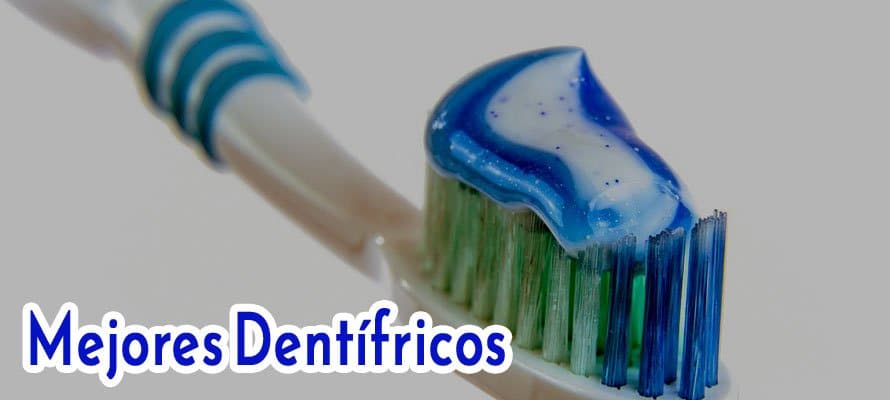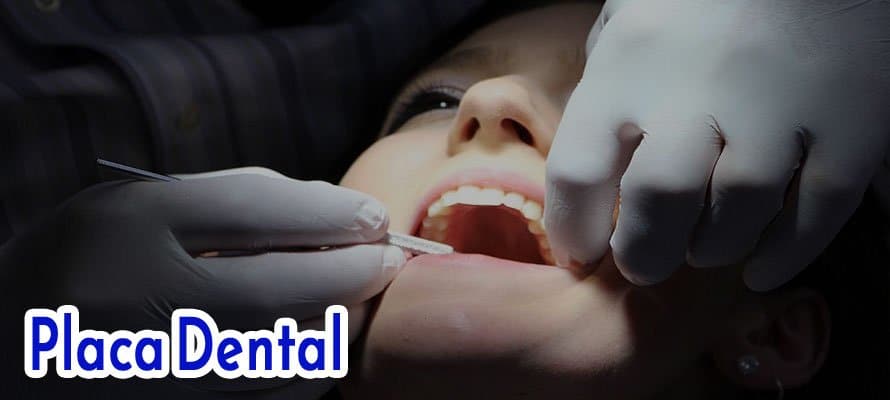Oral Biofilm is what is popularly known as Dental plaque or also Bacterial plaque, although these terms are currently in disuse and are considered less appropriate.
Beyond the name, the important thing is to know its existence and what problems or diseases it can cause in our health mouth if we do not control it.
What is Dental Plaque or Dental Biofilm?
Bacterial Plaque is a film composed of a combination of saliva and microorganisms that constantly forms in the mouth and that adheres to the different areas of the oral cavity: Teeth, Gums, Tongue, etc ...
This sticky layer that is present in all mouthsIt is of a whitish or yellowish tone that is barely perceptible to the naked eye and is not harmful by itself. The combination with food remains and their accumulation generate the proliferation of different bacteria and acids, which can cause various oral health problems.
What problems does Bacterial Plaque cause?
Although Oral Biofilm has the function of protecting our teeth, it is harmful if we do not control it properly. The best way to prevent dental plaque build-up and avoiding these problems is by maintaining proper oral hygiene.
Derivatives of supragingival plaque
Supragingival plaque is called plaque that accumulates in the tooth surface and is usually associated with two problems:
- Cavities: The combination of Oral Biofilm with food remains generates acids that attack enamel of our teeth causing tooth decay.
- Tartar: Although the layer formed by oral biofilm is soft, with the passage of time and its accumulation it mineralizes generating solid deposits that adhere strongly to enamel.
Derivatives of subgingival plaque
The subgingival plaque is the one that is deposited in the gingival groove, between tooth and gum, and that is usually associated with these problems:
- Halitosis: The accumulation of dental plaque too can cause bad breath depending on our diet and the bacteria that are generated.
- Gingivitis: If we don't avoid bacteria proliferation in the biofilm, these can harm the health of our gums causing periodontal diseases such as gingivitis or periodontitis.
How to avoid its accumulation and reduce the risk of diseases?
The best way to prevent plaque build-up is by keeping a few good eating and oral hygiene habits. To perform an effective and complete oral cleaning it is recommended:
- Brush your teeth properly.
- Complete brushing with dental floss, interdental brushes, or a oral irrigator.
- Tongue cleaning at least once a day.
- Use mouthwash
No matter how complete and effective our daily hygiene is, it is impossible to reach all areas of the oral cavity in our home. That is why it is convenient perform check-ups at the dentist to locate possible deposits that are formed over time in hard-to-reach areas.
